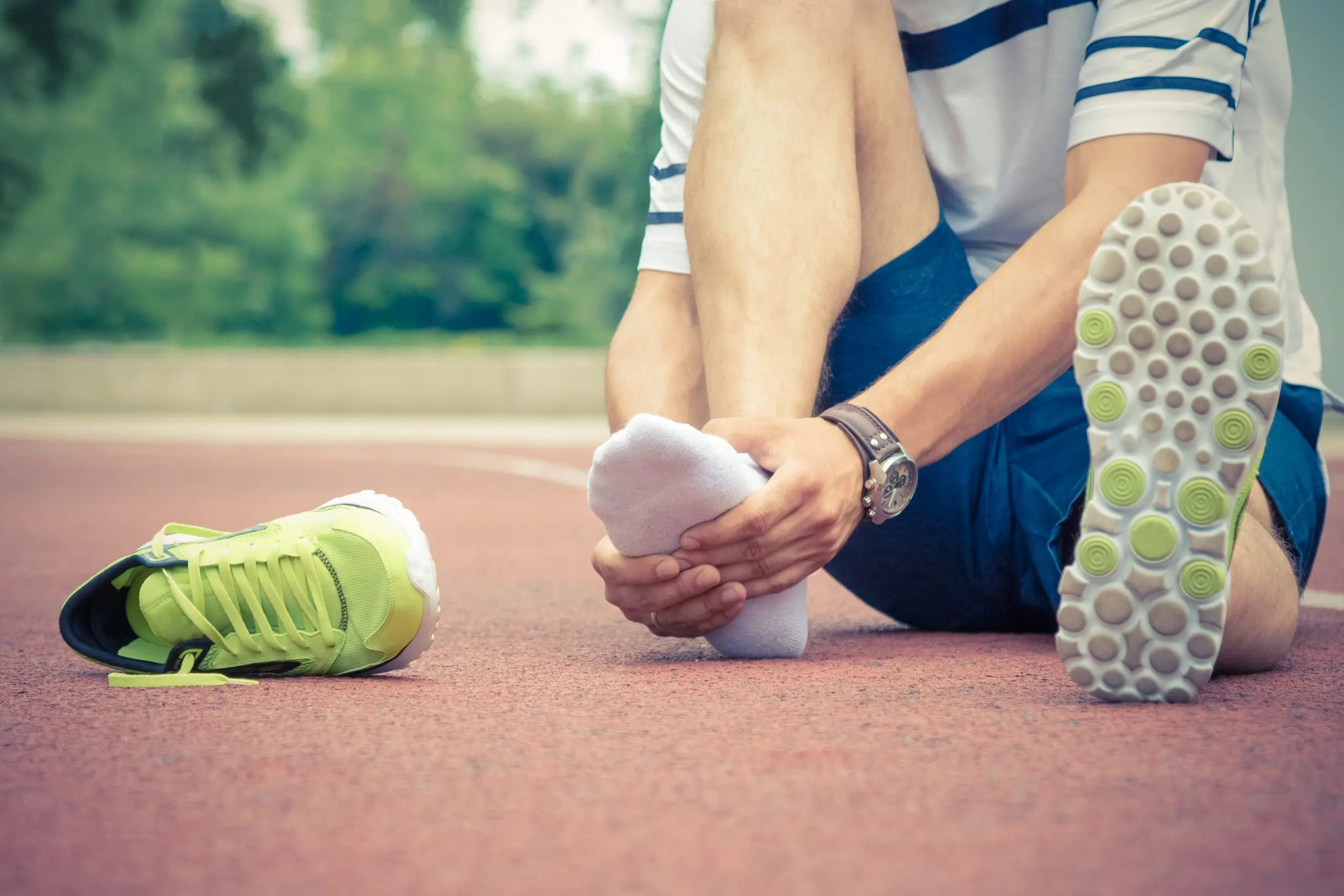
Muscle cramps are rather common and may occur for many reasons.
Sudden involuntary contractions of one or more muscles is what constitutes a cramp as we know it.
While short-lived, a muscle cramp generates significant pain, especially in the area of the calf.
Although the contractions in these muscles are typically benign, it isn’t always the case.
We recommend that you familiarize yourself with the symptoms, causes and remedies of muscular cramps.
Significant symptoms
In most situations, there is no need to be alarmed about the existence of muscular cramps. On the other hand, it is the nature of the accompanying symptoms that must be investigated.
For example, we are considering signs like:
- Muscle cramps in the calves or under the feet;
- Frequent or long-lasting cramping episodes;
- Muscle weakness;
- Loss of sensation before or after a cramp attack.
If you discover similar symptoms, we recommend seeing a healthcare professional.
A diagnosis could exclude mechanical reasons or severe health problems such as hypothyroidism.
Different types of muscle cramps
It can be tempting to attribute a muscle cramp to a simple lack of hydration.
However, this does not trigger all cramps. Therefore, it is crucial to define the numerous forms of cramps that may develop.
- Sport cramps: they appear as a result of long and hard physical effort. They also occur if the athlete fails to prepare, warm up or stretch. The substantial liquid loss facilitates this sort of discomfort due to excessive sweating.
- Metabolic cramps: dehydration frequently causes cramps of this sort. However, vitamin B insufficiency (B1, B5 and B6) or potassium deficit might also be at their root.
- Night cramps: they are more prevalent in young children, as they may be linked to development. But nocturnal cramps that are too strong or persistent should be given medical treatment.
- Pathological cramps: muscular cramp episodes are occasionally medically related. Diabetes, polio, Parkinson disease, MS and circulatory issues can be among the causes.
- Orthopedic cramps: muscle cramps are sometimes caused by uncommon feet or by a previous foot injury. A person who wears shoes that don’t support their flat or cavus feet, may be more at risk.
What aggravates muscle cramps
Besides malignant ones, most cramps are usually harmless. As such, there isn’t really a cause to them.
However, other factors may contribute to painful muscle cramping frequency and intensity in the foot.
Here are some of the possible factors:
- Poor overall hydration;
- Insufficient sports preparation;
- Hyperhidrosis;
- Aging;
- Excessive consumption of alcohol, caffeine or tobacco;
- Cold weather;
- Rapid weight gain, for example during pregnancy;
- Wearing shoes that are not adapted to the sole of the foot;
- Fatigue or stress accumulation.
The discomfort caused by muscular cramping in the foot is probably the result of more complicated reasons.
If so, an examination by a podiatrist may most likely clarify this.
Prevention of muscle cramps
Muscle cramps are deceptive and are totally avoidable, even if they happen occasionally.
The measures to fight them are as follows:
- Avoid exercising immediately after a meal;
- Drink a minimum of one liter of water per day;
- Limit caffeine, tobacco and alcohol consumption;
- Refrain from sleeping while pointing your feet;
- Follow a strict warm-up program before sports;
- Wear shoes that are better suited to your feet and activities;
- Reducing the use of high heels.
On top of the above-mentioned preventative methods, muscular cramps can also be easily treated when they happen.
Simple motions usually allow a foot or leg cramp to rapidly be relieved.
Medical treatments
Muscle cramps are seldom a problem. When they are problematic, however, they manifest as symptoms of a more serious condition.
It is thus typically unnecessary to treat cramps directly.
However, certain treatment approaches can be used to relieve cramping in the lower limbs caused by a plantar deformity or a biomechanical problem.
The podiatrist recommends the following to resolve the problem at its source:
- A prescription for custom-made foot orthoses;
- Adapted shoes;
- Specific stretching;
- Supportive heel pads;
- A routine of exercises and stretching of the arch of the foot.
If the podiatrist cannot cure disease cramps, he or she can send you to the proper healthcare professional.
PiedRéseau – Learn more
Would you like to know more about muscle cramps? Our site is full with information on the many conditions that affect your legs and feet!
Although the material on the website in PiedRéseau is useful, nothing can equal your consultation with a podiatrist in a clinic.
Take care of your feet, they are precious!